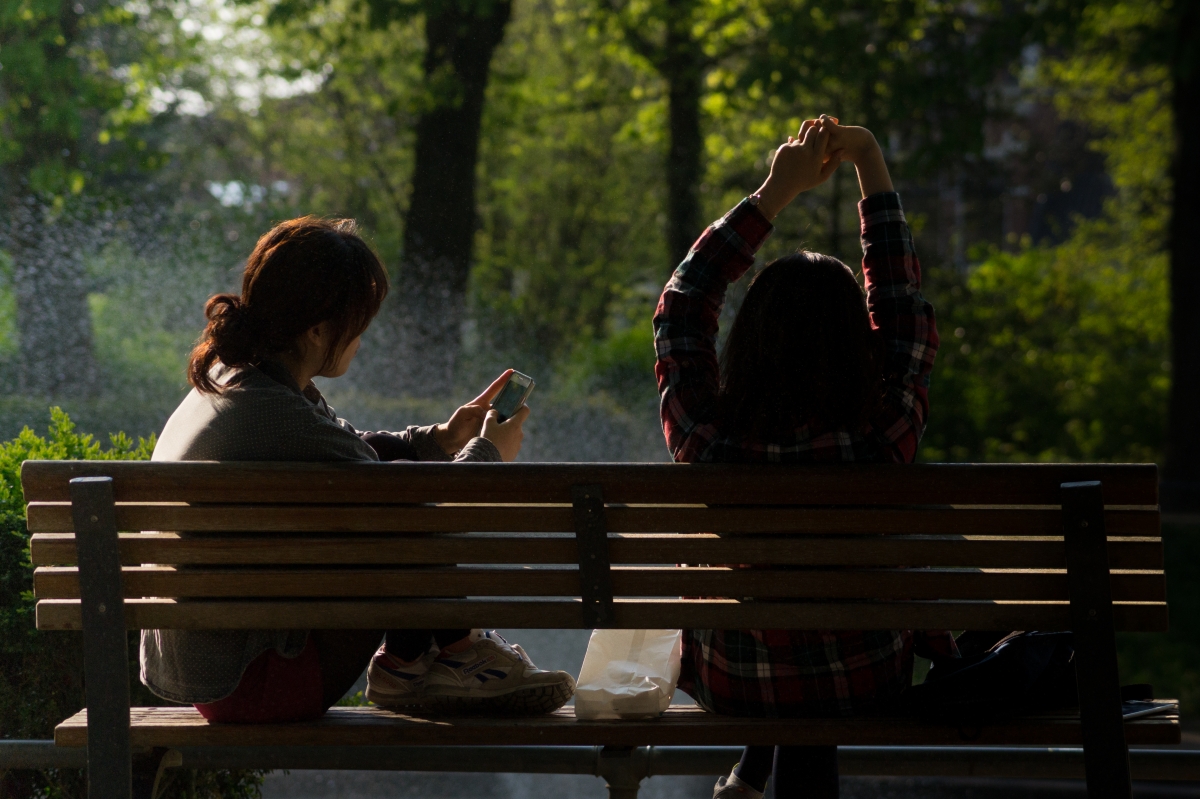From Heavens to Hells to Heroes

keywords:
heavens to hells / Lucifer / Lucifer effect / Stanford / Zimbardo
From Heavens to Hells to Heroes
 The poet John Milton gave highest praise to the human mind when he wrote in 'Paradise Lost', "The mind is its own place, and in itself can make a heaven of hell, a hell of heaven." I have been celebrating that mental agility for most of my life, as a research psychologist for the past fifty years, but even before that as a child of only five years. Before I describe how I helped to... / more
The poet John Milton gave highest praise to the human mind when he wrote in 'Paradise Lost', "The mind is its own place, and in itself can make a heaven of hell, a hell of heaven." I have been celebrating that mental agility for most of my life, as a research psychologist for the past fifty years, but even before that as a child of only five years. Before I describe how I helped to... / more
Do Multicultural Experiences Make People More Creative? If So, How?

keywords:
creativity / culture / McDonald / multiculturalism / Starbucks
Do Multicultural Experiences Make People More Creative? If So, How?
MacDonalds' Rice-burger in Asia; Starbucks’ Coffee Mooncake in Singapore; Disneyland Yin-Yang Mickey Mouse Cookies in Hong Kong; Lay's Peking Duck Flavored Potato Clip … The list can go on. What is common in all these examples is that they are all novel product ideas created by integrating seemingly non-overlapping cultural or product ideas from Eastern and Western cultures. / more
Fairness Judgments: Genuine Morality or Disguised Egocentrism?

keywords:
distributive justice / egocentrism / fairness / morality
Fairness Judgments: Genuine Morality or Disguised Egocentrism?
When people think about fairness, they often think about social norms and values, or about general moral principles such as equality between humans and impartiality when solving conflicts. Fairness is thus often associated with a genuine concern for other people's well-being. In a variety of scientific disciplines, fairness is even equated with altruism and contrasted with egoism (e.g., De Waal, 1996; Sober & Wilson, 1998). / more
Why We Are Still Social

keywords:
evolution / social / human / group living
Why We Are Still Social
 Some years ago, when I first began writing about the evolution of human sociality, a colleague put to me the question: Why are humans still social? That “still” was weighty with meaning—the idea of a primal solitary state, to which humans might return, perhaps finally freed from group living by technological progress. I was dumbfounded. Humans have no choice but to live in groups. They are unable to reproduce and survive to reproductive age without a group,... / more
Some years ago, when I first began writing about the evolution of human sociality, a colleague put to me the question: Why are humans still social? That “still” was weighty with meaning—the idea of a primal solitary state, to which humans might return, perhaps finally freed from group living by technological progress. I was dumbfounded. Humans have no choice but to live in groups. They are unable to reproduce and survive to reproductive age without a group,... / more
